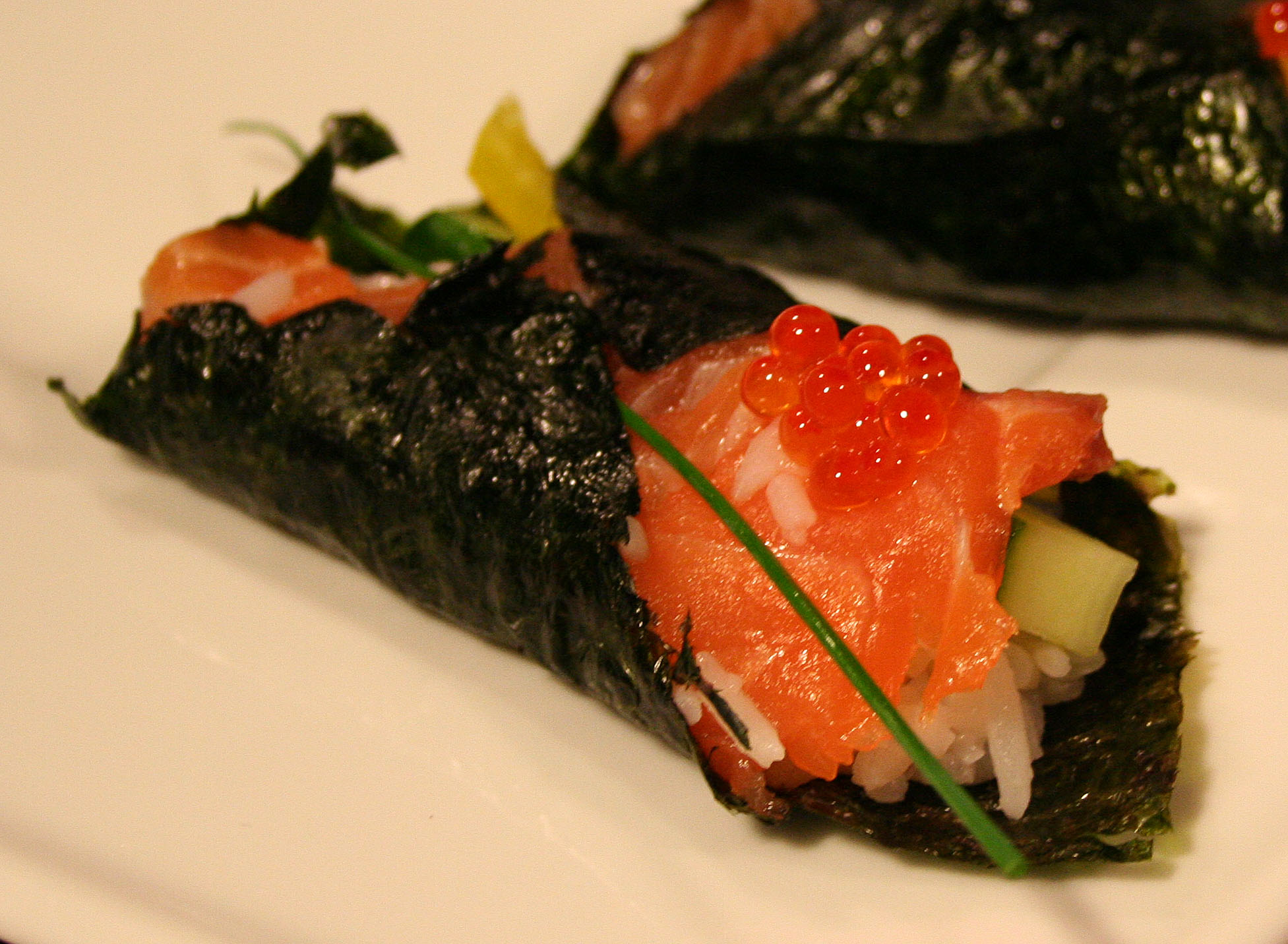A digital image is an invisible file, it’s a digital code, until we bring it to life by, for instance, a computerscreen. According to Boris Groys, the visualisation of this invisible file has the character of a religious ritual. It’s a miracle, speaking in the words of the Bible. Groys even refers to the body of Jesus that was brought back to life.
Een digitale foto is een onzichtbaar ding, een code, totdat we het tot leven wekken met bijvoorbeeld een computerscherm. Volgens Boris Groys heeft dat zichtbaar maken van dat onzichtbare bestandje iets religieus . Het zijn wonderen, als we in de termen van de Bijbel spreken. Groys trekt zelfs de vergelijking met het dode lichaam van Jezus dat weer tot leven werd gewekt.
A museum can’t just be a collection of objects anymore. That’s a station that’s already passed, is what the audience learns from Charles Esche, during the opening of the third weekend of the Caucus. Again, the director of the Van Abbemuseum explaines what the Caucus is about. “With Be[com]ing Dutch we have to develop new relationships”, Esche says during his openingspeech.
Een museum kan niet meer alleen een verzameling van objecten zijn. Dat punt zijn we nu wel gepasseerd, leert Charles Esche het publiek tijdens de opening van het derde weekend van de Caucus. Ook vandaag legt de directeur van het Van Abbemuseum uit het tijdens de Caucus om draait. “Met Be[com]ing Dutch moeten we proberen nieuwe relaties aan te gaan”, zegt Esche in zijn openingsspeech.
Due to the strike in France the lecturer of today, Catherine David could not be here. Instead there was an impromptu panel with Deborah Cherry, Galit Eilat and Shaheen Merali. Deborah Cherry introduced the other two speakers and told the audience how these hours would be filled. Continue Reading »
 De vierde Museumnacht was goed gevuld. En niet alleen met verschillende workshops, kunstwerken, documentaires en optredens. Er was een flink aantal bezoekers in alle leeftijdsgroepen die kunst bekeken, meededen aan de workshops en het oude en het nieuwe gebouw vulden. Continue Reading »
De vierde Museumnacht was goed gevuld. En niet alleen met verschillende workshops, kunstwerken, documentaires en optredens. Er was een flink aantal bezoekers in alle leeftijdsgroepen die kunst bekeken, meededen aan de workshops en het oude en het nieuwe gebouw vulden. Continue Reading »
The panel of Nezha Haffou, Kitty Zijlmans and John Clark talked this afternoon mostly about the position of foreign artists in a new country. How do they cope in a new environment, a different culture and alsmost always a different language? They started by each giving a short presentation and their point of view. Continue Reading »
 This morning at eleven o’clock the second public weekend of the Be[com]ing Dutch Eindhoven Caucus started with an introduction by Annie Fletcher. She immediately made clear that this welcome was actually meant to be for the non-participants because the participants heard this story more than once. With a short explanation about the goal and purpose of Be[com]ing Dutch she informed the audience about what they could expect. Continue Reading »
This morning at eleven o’clock the second public weekend of the Be[com]ing Dutch Eindhoven Caucus started with an introduction by Annie Fletcher. She immediately made clear that this welcome was actually meant to be for the non-participants because the participants heard this story more than once. With a short explanation about the goal and purpose of Be[com]ing Dutch she informed the audience about what they could expect. Continue Reading »
 Vanochtend om elf uur ging het tweede publieke weekend van Be[com]ing Dutch Eindhoven Caucus van start met een introductie van Annie Fletcher. Ze gaf meteen al aan dat dit welkom eigenlijk gericht is naar de niet–deelnemers omdat, onder licht gegrinnik van de zaal, de deelnemers dit verhaal al meer dan genoeg hebben gehoord. Continue Reading »
Vanochtend om elf uur ging het tweede publieke weekend van Be[com]ing Dutch Eindhoven Caucus van start met een introductie van Annie Fletcher. Ze gaf meteen al aan dat dit welkom eigenlijk gericht is naar de niet–deelnemers omdat, onder licht gegrinnik van de zaal, de deelnemers dit verhaal al meer dan genoeg hebben gehoord. Continue Reading »